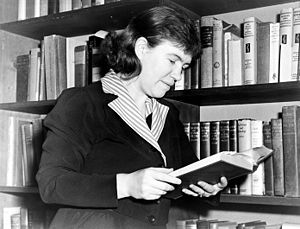Was searching for the source of a quote about how sharing with someone doubles our joys and halves our sorrows (there are so many different sources mentioned that I can’t determine where it actually originated) when I came across this one:
“Having someone wonder where you are when you don’t come home at night is a very old human need.” – Margaret Mead
Reminds me of a wonderful reflection on living alone that appeared in this blog a few years ago. And my comment on it: “As author Alice Walker so aptly puts it, when you have a live-in, that’s at least one side of you that’s covered. When you live alone, you’re vulnerable on all sides.”
So let’s see. What does she mean when she says “sides,” and which one is supposed to be uncovered when you live alone?
Financial is one side. Though it may also be true for a single partner in a percentage of married or cohabiting couples, we singles mostly bear the full costs of everything we do and are solely responsible for maintaining our home, clothes, etc. We don’t generally have people volunteering to throw in a percentage of their salary to help.
Social. We may, and if we’re lucky, do have enough pals or friends we can go places and do things with. To have company out in the world is usually a blessing; to have company at home can be a mixed blessing when you’re not in the mood! But in any case it can take extra courage to pursue life’s little adventures when you have to do it alone.
Physical. When you live with someone, you have another person to share a hug with when you need one. In romantic relationships you’ve got regular opportunities for sex. Singles must work to find hugs among friends or relatives, and/or we can get and give physical affection with a pet.
What else? Spirituality is something we all choose and experience alone.
Emotionally could be where she’s suggesting the “uncovered” side occurs when you live alone. You may have one or more close friends you can turn to for support, but you always have to find them first. They’re not there to see and hear your pain when you get the devastating phone call about a lost job or the death of a close friend. They’re not wondering where you are when you’re late, and they’re not there to be glad when you get home (another thing pets can help with!).
Do you feel vulnerable on all sides? If you believe that life is a series of lessons, then it’s easy to see that living alone can be the larger context for the kinds of lessons you never have to face when you always live with someone. Just as living with someone gives you lessons you can’t get any other way.
There are joys and freedoms to being coupled just as there are unique joys and freedoms to being single. When the day comes that society values both equally, there will be no need for organizations like SWWAN.
Ever notice how the most interesting and exciting stories (in books and movies) usually involve an independent woman, generally unmarried? think about it–even in the day of Rosalind Russell. Read my review of her movie, Sister Kenney.
[Many thanks to Wendy and Rosemary for helping me sort through the issues for this post. And check out their website: www.mysinglespace.org]


